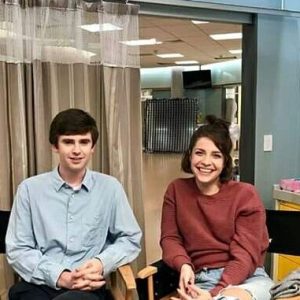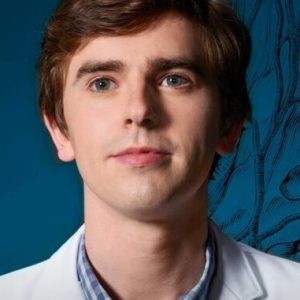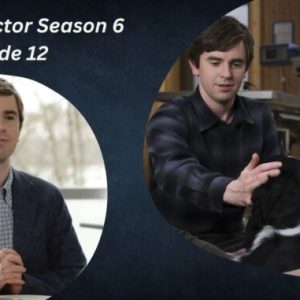As someone on the autism spectrum, I’ve often found myself frustrated by how television and film represent neurodivergent individuals. We’re either portrayed as robotic geniuses, emotionless oddities, or comic relief. But then came The Good Doctor, a medical drama led by Freddie Highmore as Dr. Shaun Murphy — a brilliant surgical resident with autism and savant syndrome. For the first time, I saw a character who not only reflected parts of me but also challenged how the world views people like me. That’s why I like The Good Doctor — it’s not perfect, but it’s one of the few shows that truly attempts to understand, humanize, and celebrate the experiences of someone with autism.
What The Good Doctor gets right from the beginning is that it doesn’t reduce Shaun Murphy to just his diagnosis. Yes, he has autism and savant syndrome, and these conditions affect how he interacts with others and processes the world. But the show never lets that define him entirely. Shaun is a person first — with fears, desires, friendships, stubbornness, and ambition. He’s not a medical machine who solves puzzles like Sherlock Holmes in scrubs. He’s a layered human being who’s learning and growing, and that’s exactly what someone like me — and so many others on the spectrum — has longed to see.
If there’s one area where The Good Doctor truly shines, it’s in portraying the social challenges faced by people on the spectrum. Shaun doesn’t always pick up on sarcasm. He struggles with eye contact. He can be blunt in ways that make others uncomfortable. And he doesn’t always understand unwritten social rules. All of this is deeply familiar to me. I’ve lost count of the number of times I’ve said something that came off as rude or awkward, only to feel ashamed later when someone explains what I did “wrong.”
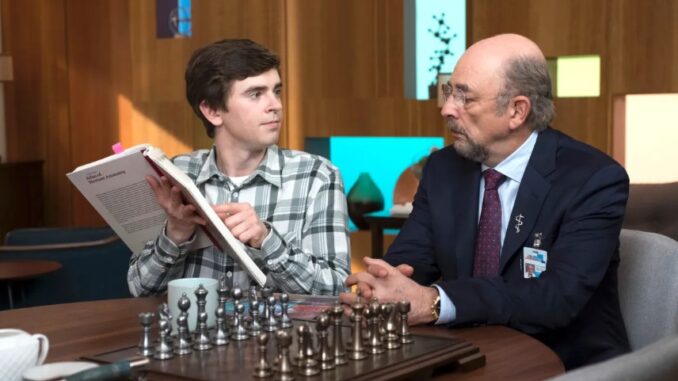
The show handles these moments with nuance. Rather than making Shaun the butt of the joke, it shows how those around him can learn and grow too. His colleagues sometimes misunderstand him, yes — but they also come to respect his perspective. Over time, characters like Dr. Glassman, Dr. Lim, and Lea begin to see beyond the quirks and value who he is. It’s a hopeful message: we don’t need to change who we are to be accepted — we need to be understood.
One of the boldest and most rewarding parts of The Good Doctor is its decision to explore Shaun’s romantic life. Too often, autistic characters are seen as incapable of love or physical intimacy. The show defies this by showing Shaun’s evolving relationship with Lea — from awkward first dates to cohabitation, conflict, and intimacy. These storylines are handled with surprising sensitivity.
I remember watching the episode where Shaun and Lea talk about their differing emotional needs and how autism affects their connection. It was painful and honest — and, for once, it didn’t end in some “inspirational” breakup to teach the audience a lesson. Instead, the show commits to exploring how a neurodiverse couple can thrive, with patience, communication, and compromise.
That meant the world to me. As someone who has struggled to navigate dating, seeing a romantic relationship that includes autism — and treats it with dignity — gave me hope that I, too, could be fully loved for who I am. Not everyone in the autism community agrees on The Good Doctor’s portrayal. Some feel it focuses too much on the savant aspect, which only represents a tiny fraction of people with autism. Others question why a neurotypical actor plays Shaun. These are valid critiques, and I understand the concerns. But for me, the show still represents a giant step forward.
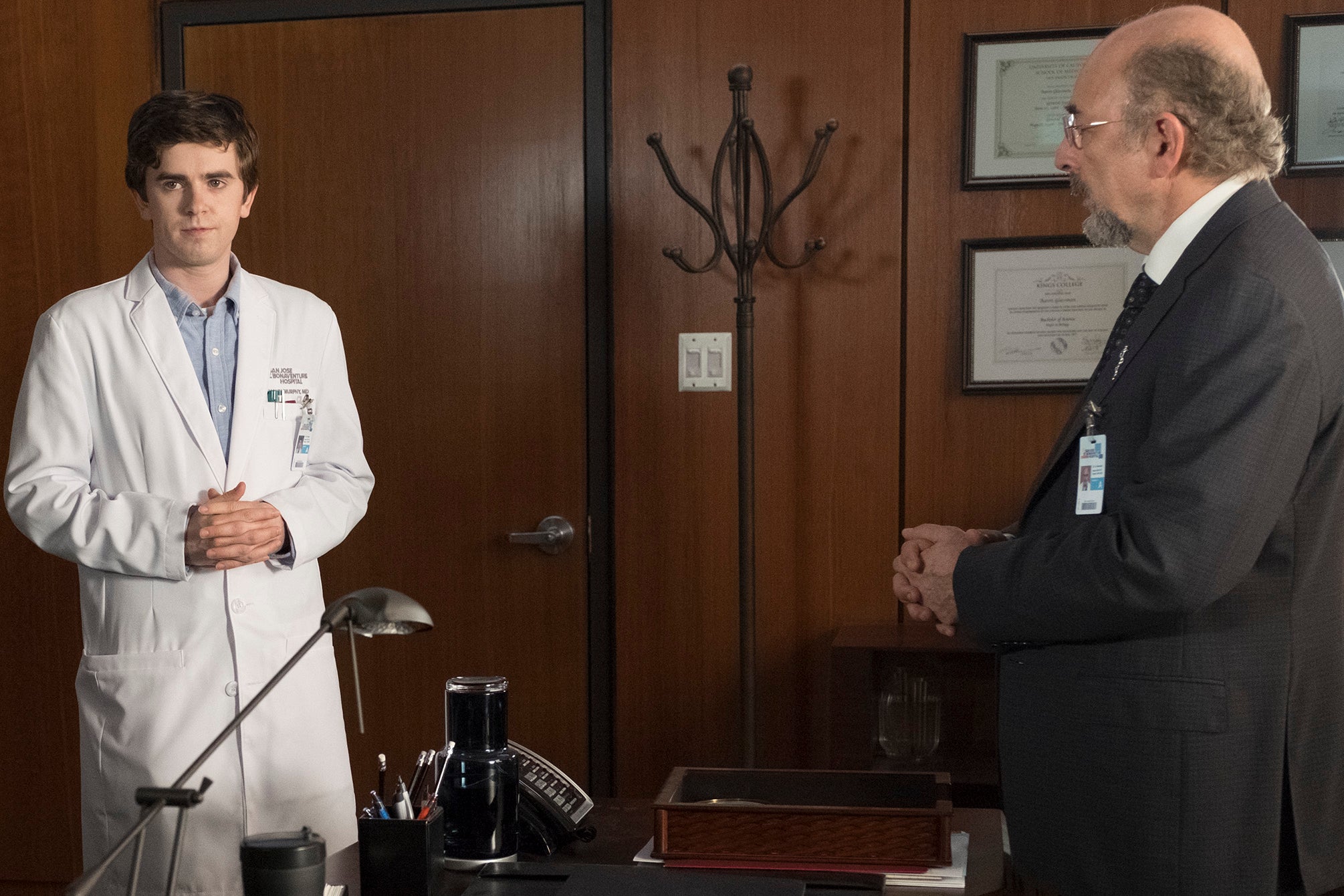
It’s one of the few mainstream shows where the protagonist is on the spectrum — and his journey isn’t just a subplot; it’s the heart of the story. It opens up conversations. I’ve had friends, coworkers, and even strangers say, “I watched The Good Doctor — and now I understand you a little better.” That alone makes it worthwhile.
As The Good Doctor continues, I hope it keeps leaning into what it does best: showing Shaun’s growth not just as a doctor but as a man navigating a world that isn’t always built for him. I hope the writers continue to explore his friendships, his marriage, and his dreams outside of work. And I hope they bring in more autistic voices behind the scenes — whether in writing, acting, or consultation.
Because while Shaun Murphy is a fictional character, the experiences he reflects are very real. There are millions of people like me watching him and feeling less alone. The Good Doctor isn’t perfect — no show is. But it’s heartfelt, honest, and groundbreaking in the way it portrays life on the autism spectrum. Freddie Highmore’s performance brings warmth and depth to a character who could have easily become a stereotype. Instead, Shaun Murphy is someone I root for, cry with, and see myself in.
